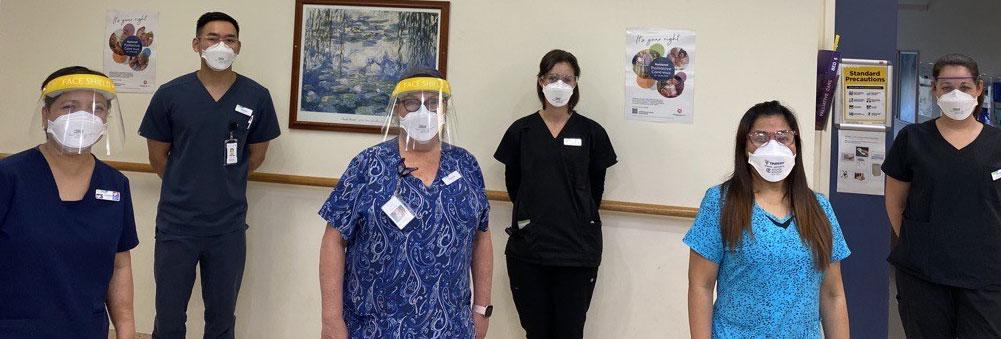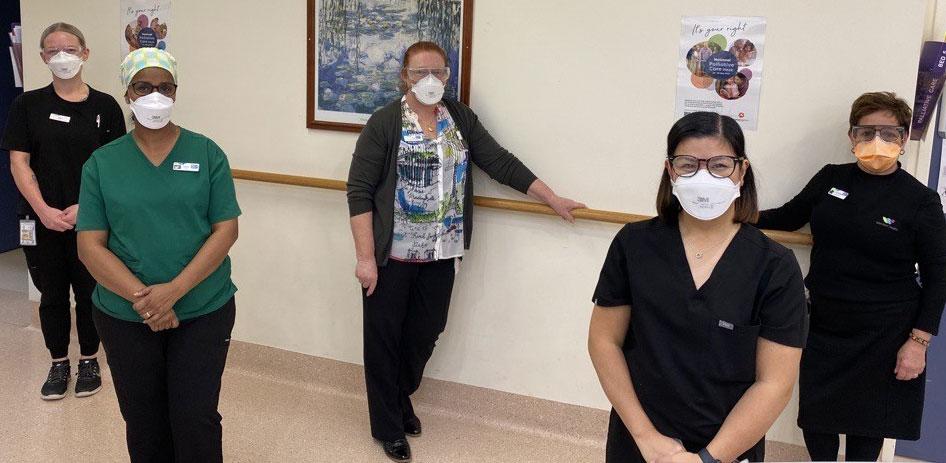The importance of palliative care

23 May 2022
Finding out that you have an illness where there is little or no prospect of a cure is a reality faced by some of our patients and their loved ones.
By providing palliative care, health services like ours can help patients with a life-limiting or terminal illness live as fully and comfortably as possible.
“The primary goal of palliative care is to optimise a patient’s quality of life,” Western Health’s Director of the Palliative Care Service Dr Maria Coperchini said.
“It’s rewarding because we know we can make a difference to patients, their families and caregivers, whether it’s by enabling them to plan for future medical treatment decisions, manage their illness at home, live the last few weeks of their life without nausea and pain, or attend a significant event, such as their son’s wedding.”
Dr Coperchini said the pandemic meant Western Health had to change many aspects of the Palliative Care Service, our team of medical experts who provide expertise and advice to patients, carers and other health professionals caring for patients with a terminal illness.
“It’s been challenging for patients and their families, as well as staff, however we continue to work within the public health guidelines and provide palliative care that identifies and treats symptoms, which includes supporting their physical, emotional and spiritual or social needs,” Dr Coperchini said.
It was extremely rewarding to help patients, families and caregivers during this difficult phase in their life, Dr Coperchini said.
“We know we can make a difference to patients,” she said.
“Working in palliative care means you need to change your goals about what it means to make a patient ‘better’.
“We can help alleviate their pain or symptoms, or achieve their goal of remaining, or returning home. It can be a long relationship with repeated admissions over many years, or a short admission where a patient requires support in their final weeks of life.”
“One of the most misunderstood aspects of palliative care is that it is not just about end-of-life care, it’s understanding the needs of people living with life-limiting or life-threatening illness where a cure may no longer be possible.”
One of the teams that work closely with the Palliative Care Service is Western Health’s Pastoral Care team.
“Our palliative care team works towards making the worst moments in families lives meaningful, peaceful and beautiful, every day,” Pastoral Care Manager Sacha MacDonald said.
“Working, as we do, with so many patients and families who are in the thick of the confusion and heartache of impending death, I feel very strongly that providing an appropriately demystified and inclusive experience of end of life is one of the most hopeful and proactive things a health service can do.”


Support the
Western Health Foundation


